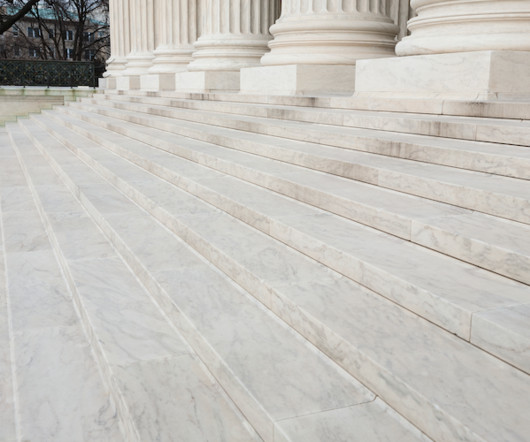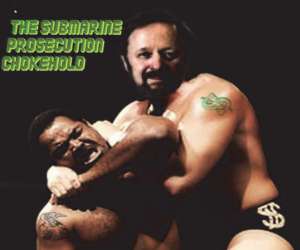Supreme Court to Clarify What Constitutes Identity Theft
Constitutional Law Reporter
DECEMBER 16, 2022
He was subsequently charged with healthcare fraud, as well as aggravated identity theft under 18 U.S.C. A jury found Dubin guilty of one charge of healthcare fraud and aggravated identity theft. The aggravated identity theft charge added a mandatory two-year prison sentence on top of the healthcare fraud charges.














Let's personalize your content